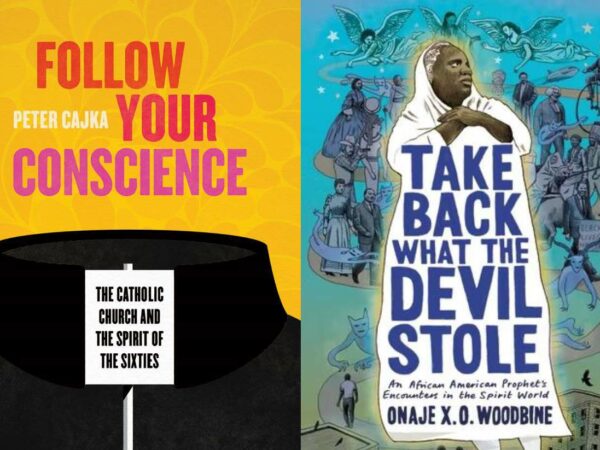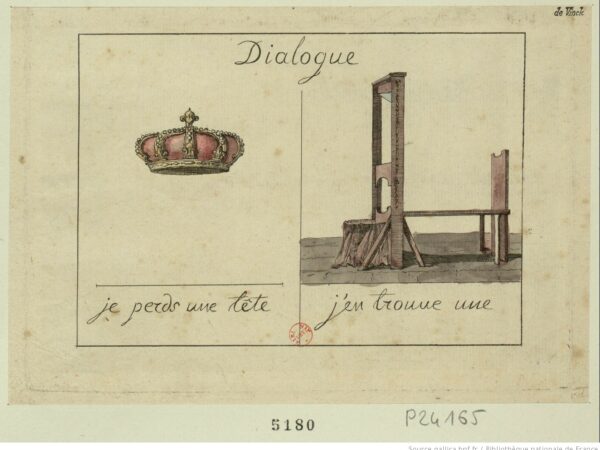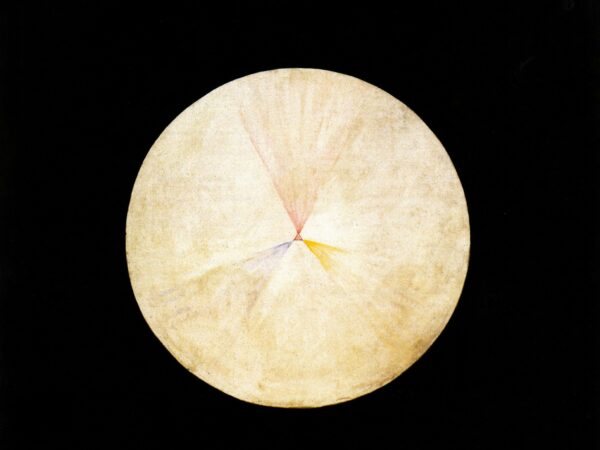
The Hindu Code Bill has traditionally been seen as a women’s bill, brought by a post-colonial government committed to social transformation and equality that came to be watered down by a more conservative legislature. In this interview, Eleanor Newbigin discusses her new book The Hindu Family and the Emergence of Modern India. In it Newbigin argues that the codification project was primarily shaped by changes in the structure of the Indian state and political economy brought about by the devolution of power and introduction of direct representation.

Woodbine’s beautiful narrative is extraordinarily self-aware, and deeply humane. Haskins’ own voice is strong, active, present throughout. I had not planned to read it in one sitting but I literally could not put it down. Only a couple miles northwest of Haskins’ Roxbury, in the mostly Irish Catholic neighborhood of Chestnut Hill near Boston College, there is a totally other religious and cultural world. This is the place of white priests, educated Catholics, lecture halls, and the circuits of urban Catholic power. Particularly in the 1960s and 70s, it might as well have been another planet from Afro-Caribbean Roxbury.

In the voices of the oppressed, one can listen to the voice of the divine. In this decolonial reading, one can excavate a liberative hermeneutic, which is life affirming and life nurturing. The lament of Hagar and her son Ishmael are echoed today in the voices of several people who are excluded in the society by the dominant, and the call for us today is to listen to the divine and work for a just world.

The laws at Sinai are no ball-and-chain, implementing a new form of slavery. They express the practical dimensions of life in freedom, the boundaries within which the nation can experience a life-giving form of service to the One who graciously rescued them from servitude. In short, they are revolutionary.

Ranajit Guha had helped establish the Subaltern Studies school, and thus moulded the birth of postcolonial studies and non-Eurocentric global history. Guha was both a critical chronicler of the longue durée theological foundations of state and capital, as well as a bard of the ancient heritage of revolt against these structures of oppression.






